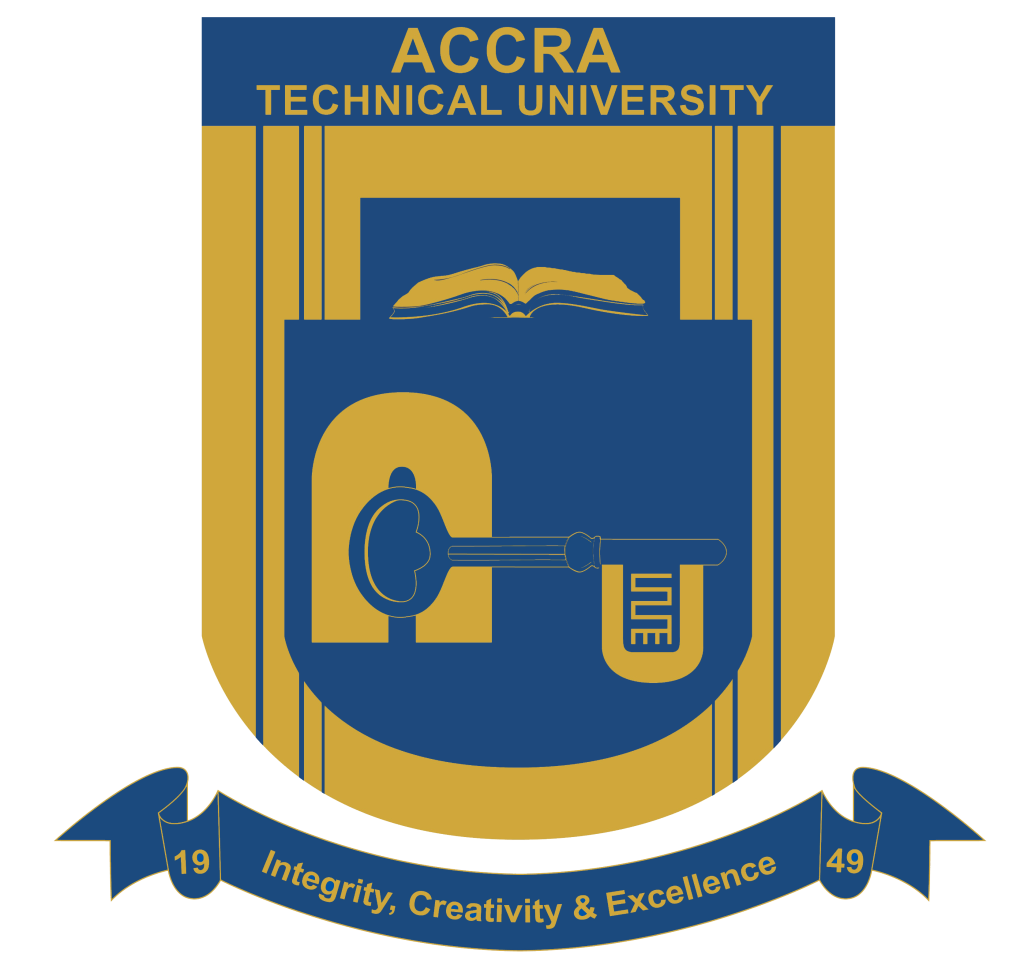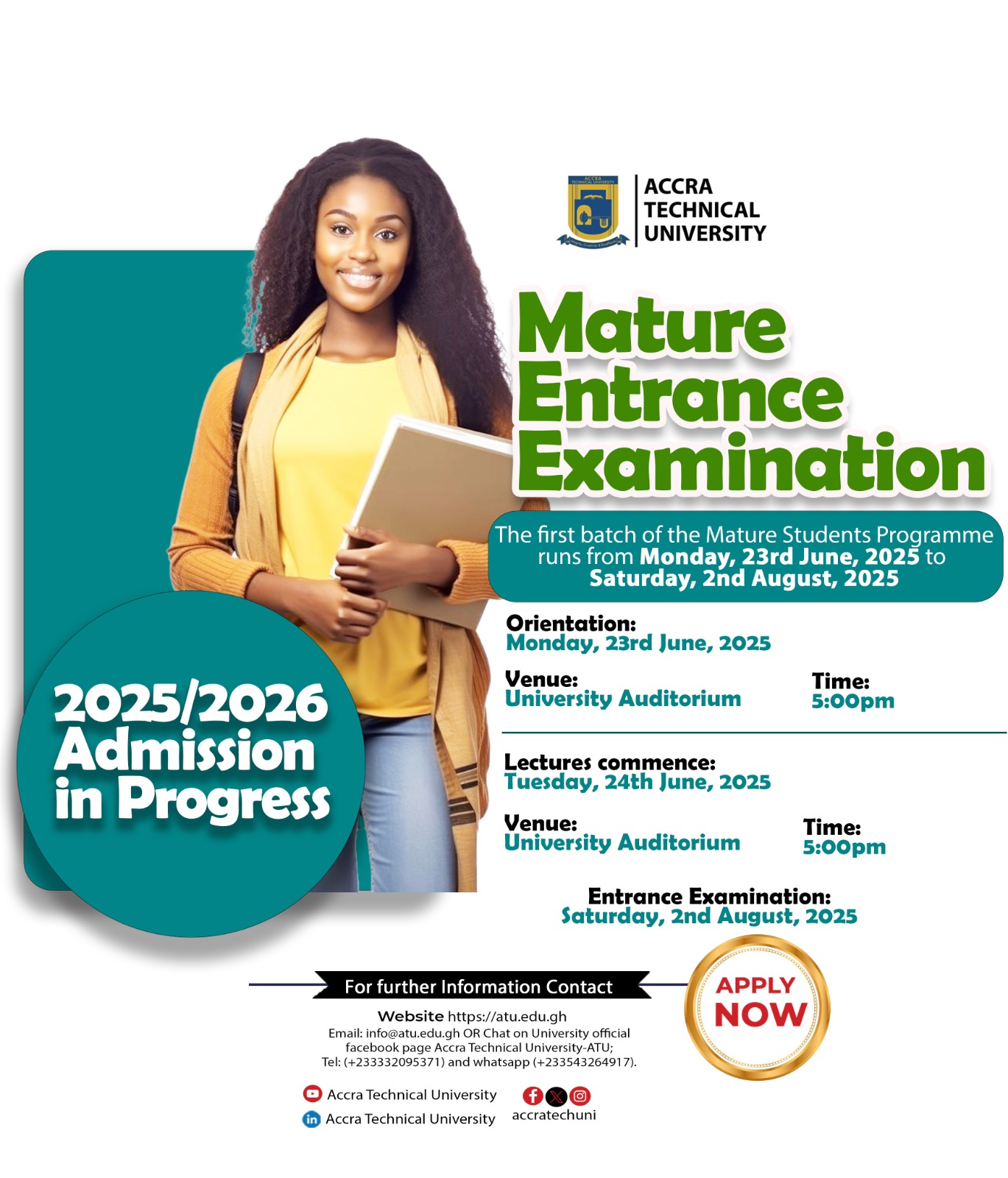BTECH WATER AND SANITATION ENGINEERING
The Bachelor of Technology Water and Sanitation Engineering (BTech WSE) programme is a four (4)-year duration programme run by the Department of Civil Engineering leading to the award of Btech certificate by the University.
The programme in water and sanitation engineering aims at training industry-ready engineers to acquire knowledge, skills and competencies in the fields of water resources engineering, water supply engineering and environmental sanitation technologies to innovatively tackle the current water and environmental sanitation challenges facing the nation and beyond. It is the application
of engineering principles and approaches to solve water and sanitation-related problems.
The curriculum is designed to introduce students to all aspects of water and sanitation technology. The course provides an understanding of the theory and training in the technical skills, as well as critical thinking, and problem-solving skills that graduates will need to work as engineers, technologists, managers or senior managers in the water and sanitation industry.
The Bachelor of Technology programme is a four-year programme that will run over a period of eight semesters and sixteen weeks per semester. There will be a supervised workplace learning (industrial attachment) for twelve weeks at the end of the fourth and sixth semesters. The Industrial Attachment in the Eight Semester (Year 4, 2nd Semester) will be for sixteen weeks.
Students will be awarded marks for the attachment as contained in the University’s Industrial Attachment Policy approved by the Academic Board.
In this course, students will be introduced to all aspects of water and sanitation technology and are structured around three major areas:
(i) Water resources management (ground and surface water management, borehole drilling, storm-water drainage and irrigation) (ii) Water supply (treatment and distribution) technology and management and water quality laboratory technology,
(iii) Waste technology and management (collection and sanitary disposal of waste including solid wastes, liquid wastes, human excreta, industrial wastes, health care and other hazardous wastes, as well as waste laboratory technology)
The objective of this programme is to:
The programme objective is to produce industry-ready engineers who upon graduation will:
(i) Enter the water and sanitation engineering profession as practising engineers in the fields
of water resources, water supply and solid and liquid waste management.
(ii) Gain the ability and technical expertise in water and sanitation engineering and technology to solve industry problems.
(iii) Be qualified to pursue relevant postgraduate education and applied research in the fields of water and sanitation engineering and technology, and related fields.
(iv) Be qualified to write examinations that would lead to certification with recognised professional bodies, where necessary, and to engage in continued life-long learning through professional development;
(v) Advance technical skills and teamwork to contribute to professional practice, community service and industrial development;
(vi) Be competent in the application of Disruptive technologies to Water and Sanitation Engineering

